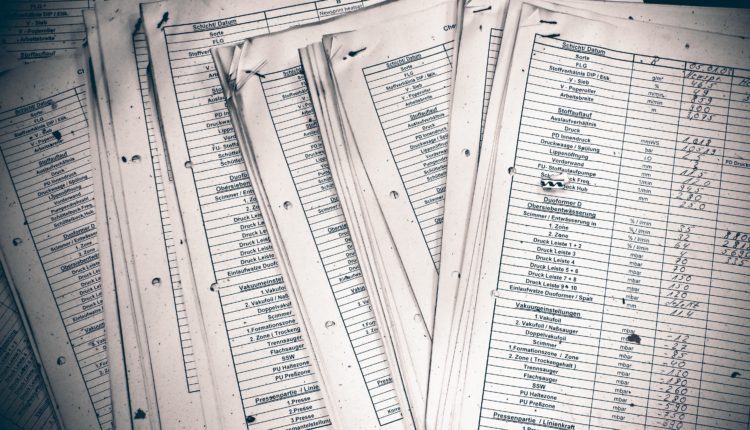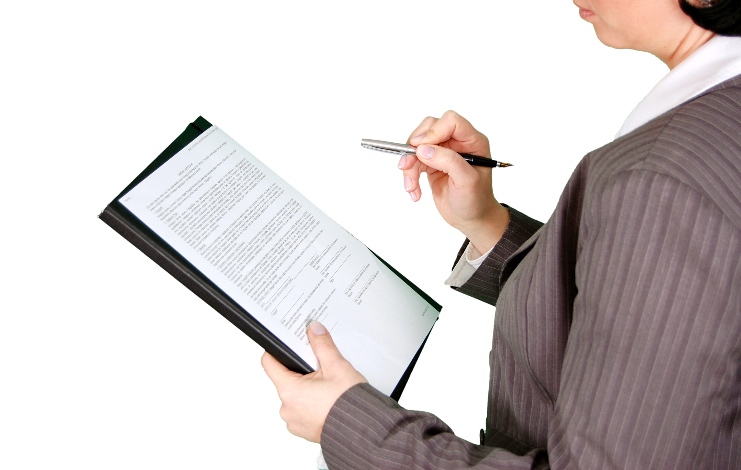Filing insurance claims after suffering a motorcycle accident can be messy and extremely annoying to deal with. Depending on who was responsible and how much physical damage was sustained by the victim and his or her vehicle, each accident is handled in a different manner. Claims for property damage and injury are different in nature. Similarly, an accident caused by some other vehicle is not treated the same way as one that does not involve any other vehicle. In some cases, the claim is filed against the insurance company of the motorcycle rider. On the other hand, in some others, the case is filed against the other driver’s insurance provider.
However, regardless of the specifics of the case, there are some simple rules that can be followed while making a motorcycle claim. In short, these rules include prompt action, preservation of evidence, receiving medical advice from a healthcare professional, and remaining on top of the claim. Insurance companies will always try to deny your claim. However, fair compensation can be obtained by following a systematic approach.
Types of claim:
After a motorcycle accident, the victim has two types of claims.
Property damage claim is intended to compensate for the damage caused to the motorcycle as a result of the accident. If the accident resulted from some other driver’s fault, the compensation claim is filed against the insurer of the at-fault driver. However, if the accident involves no other driver, the claim has to be made against the insurance company of the motorcycle rider. However, in this case, the rider must have adequate coverage.
Personal injury claim refers to the coverage for all physical injuries and related losses resulting from an accident caused by the driver of another vehicle. A successful personal injury claim requires the establishment of the fact that the other driver was at fault.

What can I receive in property damage claim ?
In a property damage claim for your motorcycle, you are entitled to receive the lesser amount between the current value of your motorcycle and the repairing cost. The value of the motorcycle at the time when the accident took place is considered to be the amount you would have earned by selling it to an unknown purchaser for a fair price.
If you have made a claim against the insurer of the other driver, you should receive the full amount. However, if the claim is against your own insurer, the amount will depend on your coverage type and the terms of the policy.
Collision coverage is applicable to cases where the claimant collided with another vehicle. This may also apply to collisions with fixed objects.
Comprehensive coverage is applicable to any damage that does not involve any collision. If a biker damages his bike while wiping out on a curve, he or she may receive comprehensive coverage, provided their insurance policy has this covered.
If the victim sustains a personal injury due to the motorcycle accident, he or she is entitled to receive three types of damages.
All medical expenses including hospital and doctor’s bills, prescription costs, physical therapy bills, and any other medical expenses incurred or likely to be incurred in the future.
Loss of wage as a result of the inability to work, due to the injuries sustained during the accident. If the victim is not likely to be able to resume the same work in the future, the loss of future earning capacity is also included.
Damages also cover the pain and sufferings resulting from the accident, including mental anguish, emotional distress, and loss of enjoyment of life.
Please remember that placing a value on personal injuries is no less than an art. Personal injury lawyers are extremely proficient in handling these complex matters.



